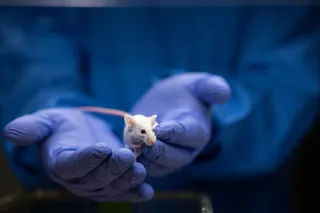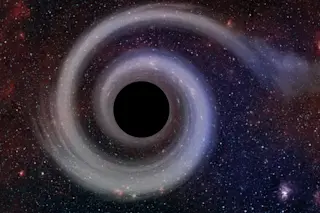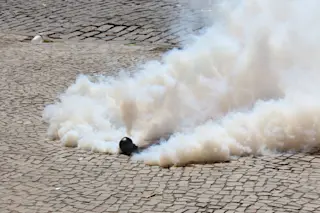Humans have evolved to survive and thrive as social creatures. Meaning, dynamic cooperation and connection to others are fundamental to our existence as a species.
And yet, or perhaps because of this, some individuals insist on pushing the limits of human isolation. They voluntarily subject themselves to extreme environments and conditions to test what the human body and mind can endure.
Over the past century, scientists have monitored human subjects while they voluntarily isolate in caves, outer space and even under the ocean for up to months at a time. In extreme scenarios, scientists have even tested the limits on themselves.
While some of the late experiments would likely be deemed unethical (or denied funding) in today’s world, athletes and individual researchers continue to advance this daunting field in extraordinary ways.
Since March 1 of this year, an associate professor at the University of Southern Florida has been teaching all ...














